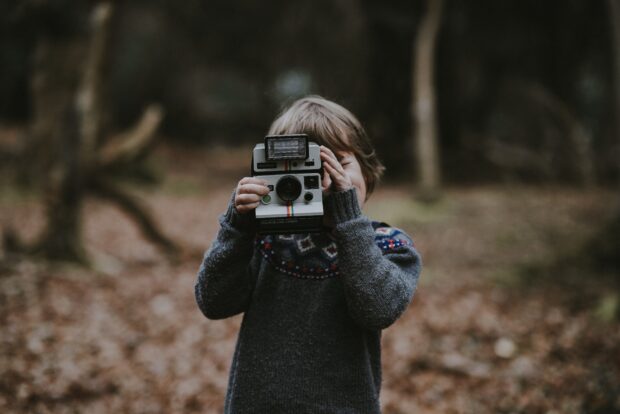You have no items in your cart. Want to get some nice things?
Go shopping
Christmastime. It’s a trick of the camera. Festive domesticity is both live set and editing suite, collapsing the distinction between what happens at the time and what can be modified in post-production.
Often, the camera turns away from one scene and towards a different one, creating two distinct spaces but leaving a connective trail between them. It’s separation, not severance. Memories and anecdotes allow Christmas to reach outside of itself. It desperately snatches from past scenes, hoping to positively infect the present; or it calmly selects and picks from the past – a shopper browsing different shelves, inspecting labels before placing products into the trolley.
Sometimes, Christmas snatches/picks past Christmases. This happens to me today, on a 25th aged 30. I’m involuntarily connected to a 25th aged 10.
*
I walk down the stairs, coming from the guest room at my parent’s house, going to the living room, as instructed. My three-year-old tugs on my arm, willing me to skip steps by taking multiple at once, like she is. We have to hurry and get to the presents before they’re all gone, she says – in fewer words than this.
Mum calls up to me from the living room, because the presents are out, my brothers are in the room, Dad has brought in the Christmas tray with five cups of hot chocolate on it, and I’m still in my bedroom. Coming, I say, leaving my room. I move from carpet to wood – down, onto step one.
Wow, look at all of those presents, Mum says, offering my daughter the excitement she already has. She giggles back at her grandmother, then smiles at me. Okay, time to go and brush our teeth before we open the presents, I say, leading the way through the living room, to the bathroom.
Hurry up, Mum says, playfully. She’s smiling. I’m scowling. It’s a happy day. I’ve reached the age where the transaction of festive enthusiasm is more heavily weighted in my parents’ favour. I need a prompt. Someone needs to press a button on me for any reciprocation, whereas my brothers are better at meeting Mum and Dad in the middle. Like a light switch, Mum’s instantly pissed off. She orders me back upstairs. Try again, she says. I can’t do all this again, not today, she tells Dad.
My daughter and I finish brushing our teeth. We re-enter the loading battleground: paper-covered boxes soon to be torn apart, Sellotape strips soon to be bitten into pieces, silk ribbons soon to be cut in half. You’re in charge, Mum tells my daughter, suggesting that she begins selecting the presents one-by-one and distributing them to their recipients.
Laughing, my daughter realises that she has accidentally picked her own present first. She’s defeated by the amusement of this irony. She perseveres. She opens. She grins ecstatically at the results of the container, then throws her arms around her grandmother, from a distance. Mum’s eyes well up, so she tries to blink before I notice. Too late.
I try again. I walk down the stairs, a forced smile plastered between my nose and chin. I find a spare spot on the sofa, then reach for my cup of hot chocolate, taunted by the smiling Santa Clauses covering the tray holding it. My younger brother selects a present with a gift tag addressed to me. He passes it to me. I escalate my smile performance, reaching the border line of overacting.
After opening the container, realising that Mum was listening all year, that she has got me the new kit from my favourite football team, tears start to form. I beg the tears to accurately represent their justification: happiness. Instead, they betray me and become sad tears, initiating a long journey that I will still be on 20 years later, where I’m at war with my ability to both feel happy and successfully externalise this – a war with one side, no political motivations, and no weapons.
About George Oliver
George Oliver has just finished a PhD in contemporary transatlantic literature at King's College London, where he also taught American literature for three years. He is both a short fiction and culture writer. His short stories have recently appeared in 'BRUISER', 'Clackamas Literary Review', and Querencia Press, and he was shortlisted for Ouen Press' 2019 Short Story Competition.
- Web |
- More Posts(1)




